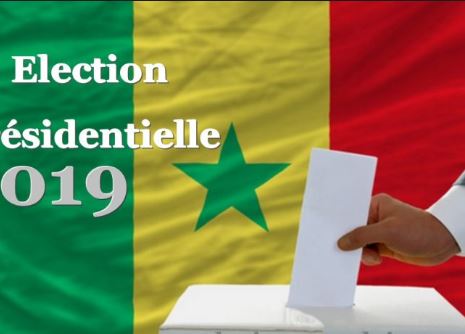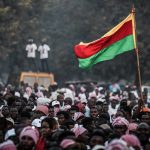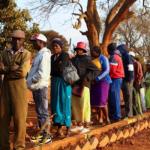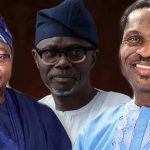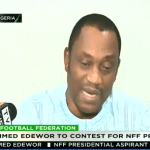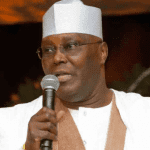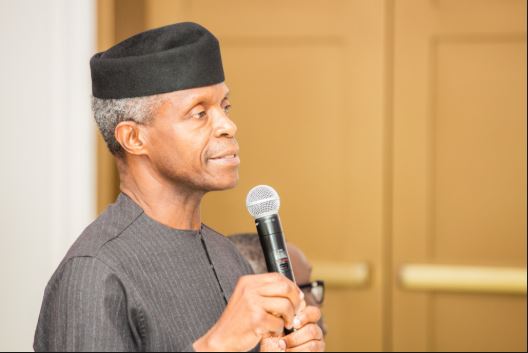One of Africa’s most stable democracies will go to the polls on Sunday, 24th February to elect a president.
Five candidates are in the race to become Senegal president with the incumbent Macky Sall, seeking his final five-year mandate after he defeated the then-incumbent Abdoulaye Wade in 2012 to become the fifth president in the country’s history.
Macky Sall came into office with a seven-year mandate but a 2016 referendum slashed the term of president.
He comes up against two political heavyweights and two fresh aspirants. Ex-Prime Minister Idrissa Seck and former Foreign Affairs Minister Madicke Niang will be the main threats.
El-Hadji Issa Sall, an academician, lawmaker and the youngest contestant Ousmane Sonko are seen as outsiders for the vote. Two major aspirants Karim Wade and Khalifa Sall – were barred by the top court over corruption.
The main opposition Democratic Party of Senegal, PDS, is not fielding a candidate. Its leader, ex-President Abdoulaye Wade has called for a boycott of the vote citing threats to security, government has dismissed his call.
The West African country practices the two-round voting system for the presidential election. The winner is required to gain over 50% of the votes to avoid a second round.
If no candidate wins more than 50% of the votes, a second round shall be held within weeks. Per the constitution and as is usually the convention, only two candidates contest in the runoff – the candidate with the most votes and the one with the second most votes.
The candidate with the most votes after the runoff will be declared president.
In March 2016, Senegalese voted in a referendum that principally cut the seven-year presidential term to five. The reduced term starts with the 2019 poll winner.

